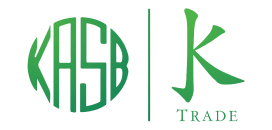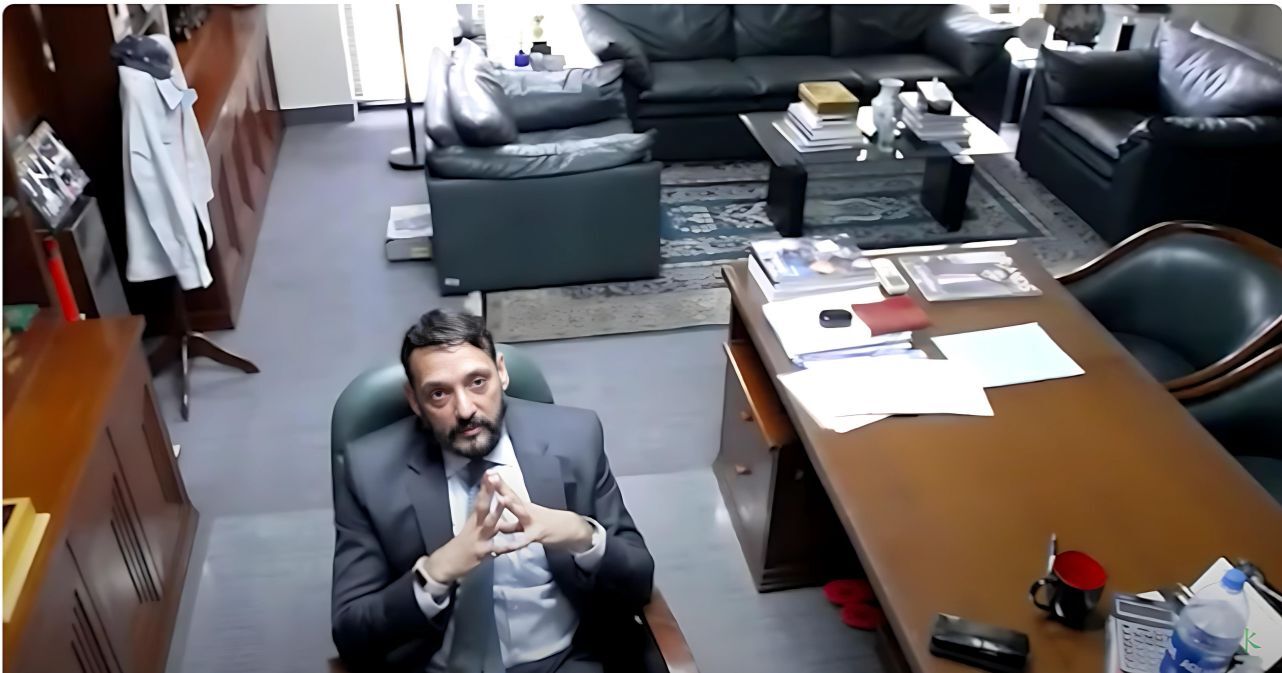The automotive industry in Pakistan is navigating through a complex and challenging landscape. During a recent discussion, Ali Asghar Jamali, CEO of Indus Motor Company, shed light on the current dynamics of the sector, addressing critical issues such as rising interest rates, the introduction of new models, and the hurdles faced by local manufacturers.
The Current Market Scenario
The Pakistani auto market saw a significant boom in 2022, with engine production reaching 350,000 units. There were high hopes of hitting a milestone of half a million units, setting a robust trajectory for the industry. Globally, Pakistan ranks 34th among 49 automobile manufacturing countries, underscoring its growing presence in the sector.
However, these optimistic projections have been dampened by several adverse factors. The initial expectations of reaching a billion units were thwarted due to a combination of import restrictions and decreased demand. The economic environment further exacerbated the situation, with soaring interest rates leading to a sharp decline in market performance. From an impressive 350,000 units, the market plummeted to a range of 130,000 to 140,000 units, with local manufacturers contributing around 100,000 units.
Challenges and Regulatory Concerns
One of the significant challenges highlighted by Mr. Jamali is the influx of used cars entering Pakistan through illegal channels. This issue, if not addressed, could severely impact the growth of local manufacturing. Mr. Jamali expressed hope that the upcoming government budget would implement measures to curb this illegal trade, if not entirely eliminate it.
During the Q&A session, the topic of the recently imposed CVT and enhanced GST on new cars was brought up. Mr. Jamali acknowledged the presence and impact of these taxes, recognizing the government’s current inability to reduce them. As a countermeasure, he suggested increasing duties on used cars to protect the local industry.
The SUV Market and Changing Consumer Preferences
The discussion also touched upon the rising popularity of SUVs in the Pakistani market. Toyota, being slightly ahead of the curve with its hybrid SUV models, exemplifies this trend. Globally, sedan sales are declining while SUV sales are on the rise, a trend that Pakistan is beginning to follow. Despite this shift, Mr. Jamali believes that sedans will continue to hold a significant market share in the foreseeable future.
Export Potential and Industry Growth
Exploring the potential for exporting vehicles from Pakistan, Mr. Jamali shared that Indus Motor has already started exporting parts and is set to begin exporting vehicles by July/August this year. The primary motivation behind these exports is to bring foreign exchange into the country, highlighting the industry’s role in contributing to the national economy.
The Electric Vehicle Frontier
On the topic of electric SUVs, Mr. Jamali pointed out the government’s favorable policies, including minimal taxes and a 1% sales tax, aimed at encouraging electric vehicle adoption. Despite these incentives, he expressed concerns about the readiness of the country’s infrastructure to support a significant influx of electric vehicles. The current lack of charging infrastructure poses a substantial barrier to widespread adoption.
Conclusion
The insights provided by Ali Asghar Jamali paint a comprehensive picture of the challenges and opportunities within Pakistan’s auto sector. While the industry faces hurdles such as illegal imports and economic pressures, there are also promising developments in terms of market diversification, export potential, and government incentives for electric vehicles. As the sector navigates these dynamics, strategic measures and supportive policies will be crucial in steering the industry towards sustainable growth and development.
Watch the full episode: https://bit.ly/3yxZlQt
Contact Us: http://bit.ly/3vG1UOM

